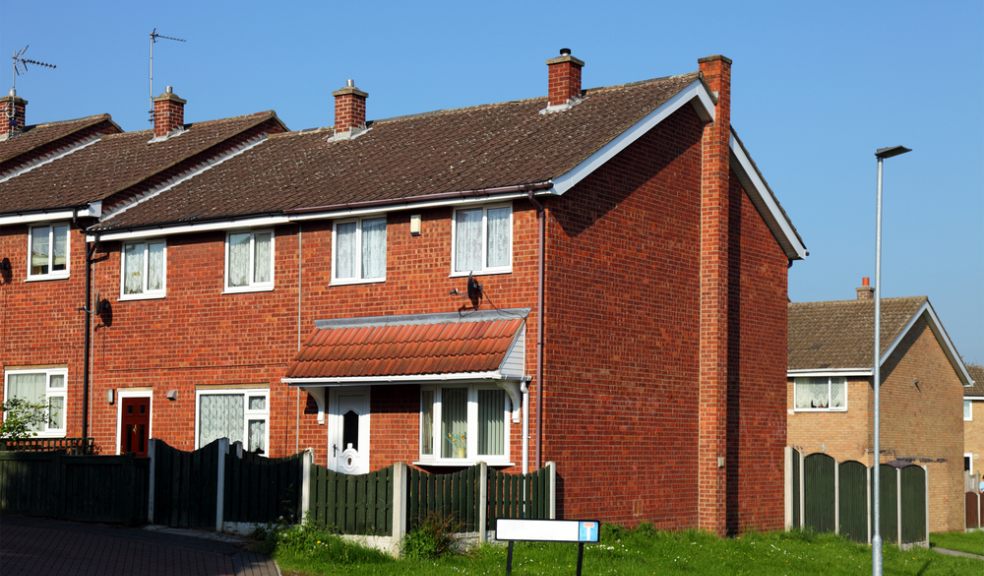
Council critical of Pay to Stay housing scheme
A government scheme to make social housing tenants pay higher rents if they are earning more, has come under criticism from Exeter City Council.
The City Council has been critical of the Pay to Stay scheme which is due to be introduced from April 2017. The Council believes there should be greater freedom for local authorities to decide on the level of rents and not be dictated from by central government.
It is also critical of the scheme for ruling that any increased rents should be ploughed back to central government and not the City Council. The City Council has fed its comments back to the government on the scheme as part of a consultation exercise.
Cllr Rob Hannaford, Lead Councillor for Housing Revenue Account, said: “We agree with the principles set out in the Localism Act that social landlords should have the flexibility to make local decisions for local residents. Landlords should have the choice over whether or not they charge high income households a higher rent. In some poorer areas, the costs of implementing this may be higher than the return. therefore we do not think landlords should be required to charge high income households a higher rent.”
In its July budget, the government announced it would be introducing the Pay to Stay scheme for Council and Housing Associations tenants. Social tenants who have a household earning of £30,000 (£40,000 in London) are required to pay ‘market or near market rents’. The Institute for Fiscal Studies estimates that the policy will impact upon 10% of social housing tenants although given the average earnings for the south west the actual percentage in Exeter is estimated to be closer to 5%. It is proposed that landlords will collect the income data and administer the scheme. The additional rent collected will be kept by housing associations to be used to build new homes. However local authorities will be required to return any additional rent (less reasonable administration costs) to central government.
Cllr Hannaford added: “It seems inherently unjust that housing associations will be able to retain the additional income for their new build programmes and that retained housing stock providers, such as Exeter City Council, will be required to return this income to central government.
"In 2012, the Council agreed and paid approximately £58 million to leave the national Housing Revenue Account subsidy system and be able to keep all of the rent it collected from its tenants. As well as the pay to stay proposal the government are introducing a scheme forcing us to sell our high value properties as they become empty and give the money to housing associations - the figure for which has yet to be determined, making budget setting almost impossible - and forcing us to reduce rents for at least the next four years, leading to shortfall of £8m. It is our view that the deal struck in 2012 was disingenuous and we have serious concerns about our ability to provide the levels of service we would wish to give our tenants and leaseholders.
“There is a disparity between the ‘pay to stay’ policy and the Right to Buy discounts. Those earning higher incomes will be required to pay more to remain in their home so they are not receiving government subsidies. In reality, however, if rent increases then the household are more likely to exercise their Right to Buy and take advantage of an even greater subsidy and further reduce the already limited stock of social homes for rent to those in need. This may of course be a deliberate government policy.”




















